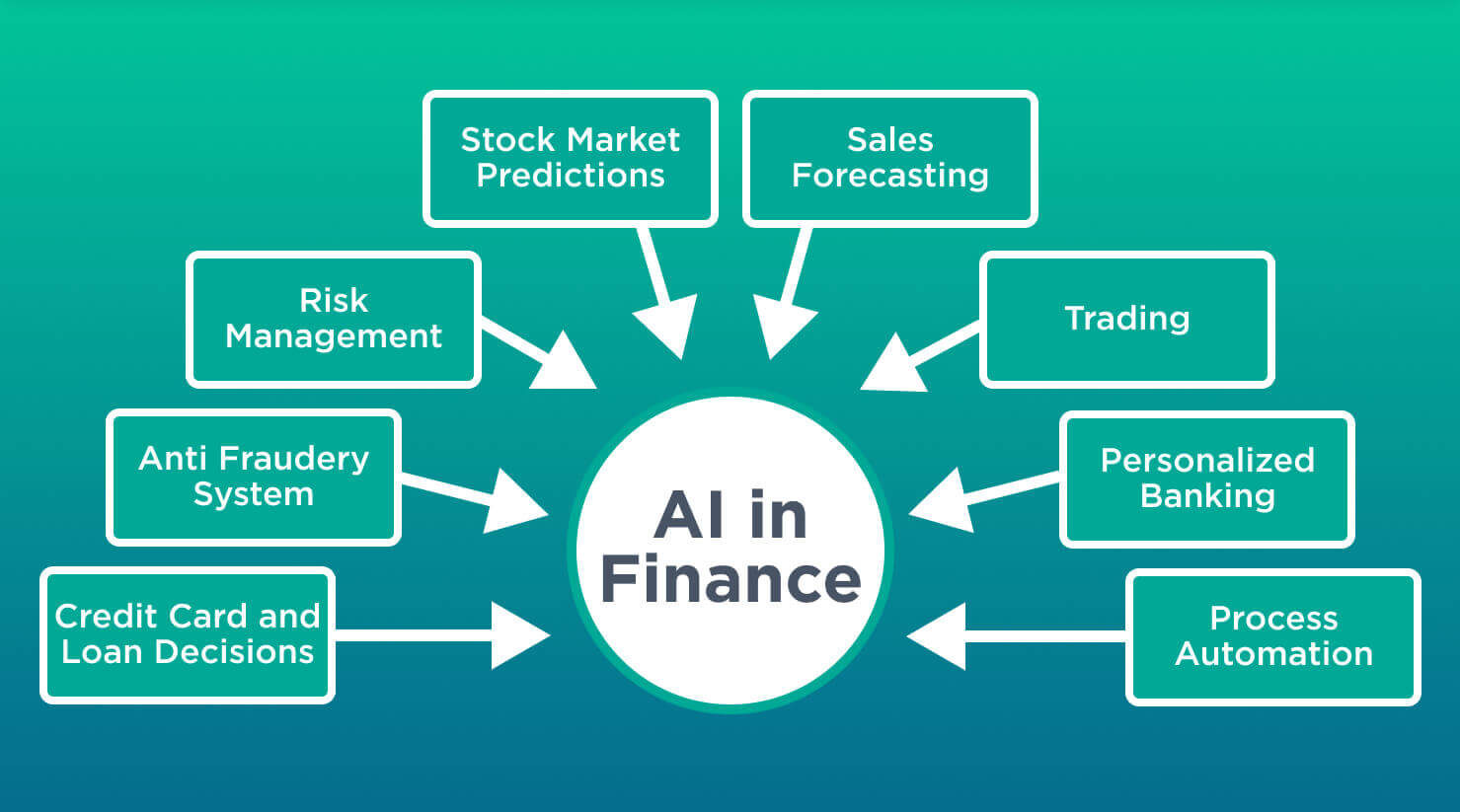The financial markets have evolved over the years, incorporating technological advancements to improve efficiency and accuracy. One such paradigm shift is the adoption of Artificial Intelligence (AI) in financial market analysis. In this post, we explore the growing significance of AI in the financial sector and its implications for market trends and future prospects.
AI Algorithms for Predictive Analysis
Financial institutions have adopted machine learning algorithms for predictive analysis. This involves forecasting stock prices, exchange rates, and even potential market crashes. The advanced algorithms are trained using historical data and other relevant variables.
Automated Trading Systems
Automated trading platforms powered by AI can execute trades at high speeds, based on set parameters. Such systems have gained popularity in high-frequency trading where human intervention would be too slow and possibly less accurate.
Fraud Detection and Risk Management
AI has shown promising results in detecting fraudulent activities. Machine learning algorithms can analyse enormous datasets in real-time to identify suspicious transactions, thereby significantly reducing financial risk.
Personalised Financial Services
Robo-advisors and virtual customer service agents use AI to provide personalised investment advice and customer support. These platforms use algorithms to gauge an individual’s risk tolerance and recommend suitable investment portfolios.
Regulatory Compliance
AI also helps in regulatory compliance by automating the monitoring and reporting functions. Natural Language Processing (NLP) algorithms are particularly effective in scanning legal texts and regulations to ensure adherence.
Challenges and Ethical Considerations
The adoption of AI in the financial market analysis is not without challenges. Data privacy, ethical concerns, and a potential job market upheaval are issues that need to be addressed as the technology becomes increasingly integrated into the financial services sector.
Frequently Asked Questions (FAQs)
Artificial Intelligence refers to the application of machine learning algorithms, data analytics, and other intelligent systems to analyse and predict financial market trends. It is widely used for risk assessment, automated trading, and fraud detection.
Traditional financial analysis relies heavily on human expertise and manual calculations. AI enhances this process by automating complex calculations and delivering faster, more accurate results. It can analyse massive datasets within seconds and adapt to changing market conditions.
While AI algorithms have shown promise in forecasting stock prices, it’s important to remember that the financial markets are influenced by various unpredictable factors. Therefore, AI should be used as a tool to support decision-making rather than a guaranteed predictor.
Robo-advisors are automated platforms that offer investment advice using algorithms. They are designed to assess an individual’s financial goals and risk tolerance to recommend a personalised investment portfolio.
AI algorithms can scan through millions of transactions in real-time to identify patterns and anomalies that may signify fraudulent activity. For further information, you may refer to the research published by JSTOR.
Yes, the use of AI raises ethical concerns like data privacy, algorithmic bias, and job displacement. Financial institutions must adhere to regulatory standards to mitigate these concerns.
High-frequency trading is a type of trading strategy that uses powerful computers to execute a large number of orders within milliseconds. It leverages AI and algorithms to perform this task at a speed and efficiency unattainable by humans.
AI can automate the monitoring and reporting functions required for regulatory compliance. It uses Natural Language Processing to scan through legal texts and ensure that the institution’s activities are in line with current laws and regulations.
The initial investment in AI technology can be considerable, but the long-term benefits, such as increased efficiency and reduced operational costs, often justify the expenditure.
To delve deeper into the subject, you may consider taking specialised courses or reading academic journals focused on AI and finance. Websites like MIT Technology Review often feature articles on the latest trends and developments in this field.
Conclusion
AI’s impact on financial market analysis is undeniable. While the technology offers improved efficiency, accuracy, and cost-effectiveness, it also poses challenges that need to be considered. As AI continues to evolve, financial institutions will need to adapt to maximise the benefits while mitigating the associated risks.
If you’re interested in understanding how technological trends are shaping financial markets and wish to explore these topics in-depth, consider contacting us for specialised consultancy and academic writing services in the fields of Business and Finance.
